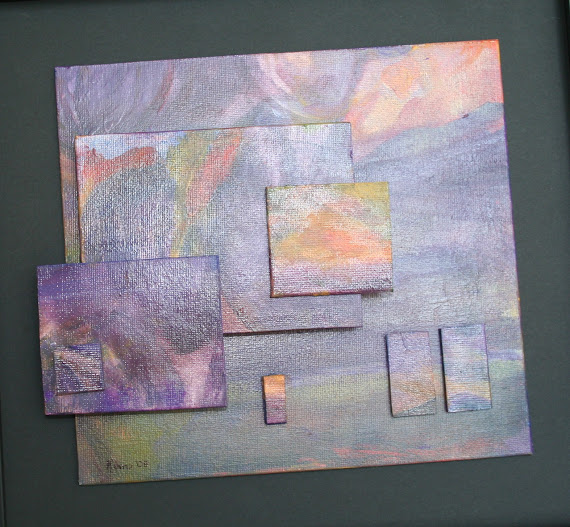And this old man, with nothing left to give to the world, is now the author of this 'anonymous' poem winging across the Internet.
What do you see nurses? . . .. . .What do you see?
I've met the finest folks here!

Many years ago I wrote a blog posting about The Importance of Vowels, based upon something my blogging friend, Jami, spoke of when teaching male convicts how to read and write. I have been recently thinking about conversations she and I had about words. Now it is my turn--only I wish to remove words, or, at least, lessen their usage.
Much of my time is spent listening to podcasters, radio shows, and talking with people. If I am not listening, I am writing. Lately I have found myself simply bristling at the repeated usage of certain words people use, some who should really know better. One word which annoys me in its usage is "right?". Some people use this word at the end of every declarative sentence, as though the listener should answer, but pressing on without awaiting the response. The same is true with "you know?" used a hundred times in a conversation. These are space savers in conversations or fillers used to grasp the attention or approval of the listener. If you are sure about something, just say it rather than waiting for agreement! I've heard this from podcasters, professional radio personalities, business people, even men of the cloth. Makes my hair stand up!
There are other words which are used with some regularity, most often in church settings. The terminology which is all the rage includes "intentional" or "missional" which make me shake my head. When is something at church not intentional or not missional? Why does have it be almost a doctrine/practice? It feels almost manipulative to use expressions like these to direct the audiences' or congregations' emotions or actions a certain way. I am trying to be diplomatic here, not accusational (ha ha).
Last night one of the shows I watch, a panel program, had a guest host. He is a funny guy, a stand-up comedian, BUT repeatedly uses the expression "stick with me" when it seems the jokes go over the audience heads. He also says his name in a scolding manner, "Jimmy", when he says something outrageous, which bugs the snot out of me. These expressions are props as well. Stop it!
Before I wrote this, I gave much thought to my own language. Was there an expression or word group I use as a prop or a space keeper? I cannot think of anything and surely hope I do not. Certainly my friend who uses "you know?" every few words has no idea they are doing it. Using close-captioning on the TV screen or monitors allows for visual evidence of the repetitive use of those expressions. The auto-captioning catches even pauses which are preferable to "right?".
I've met the finest folks here!














